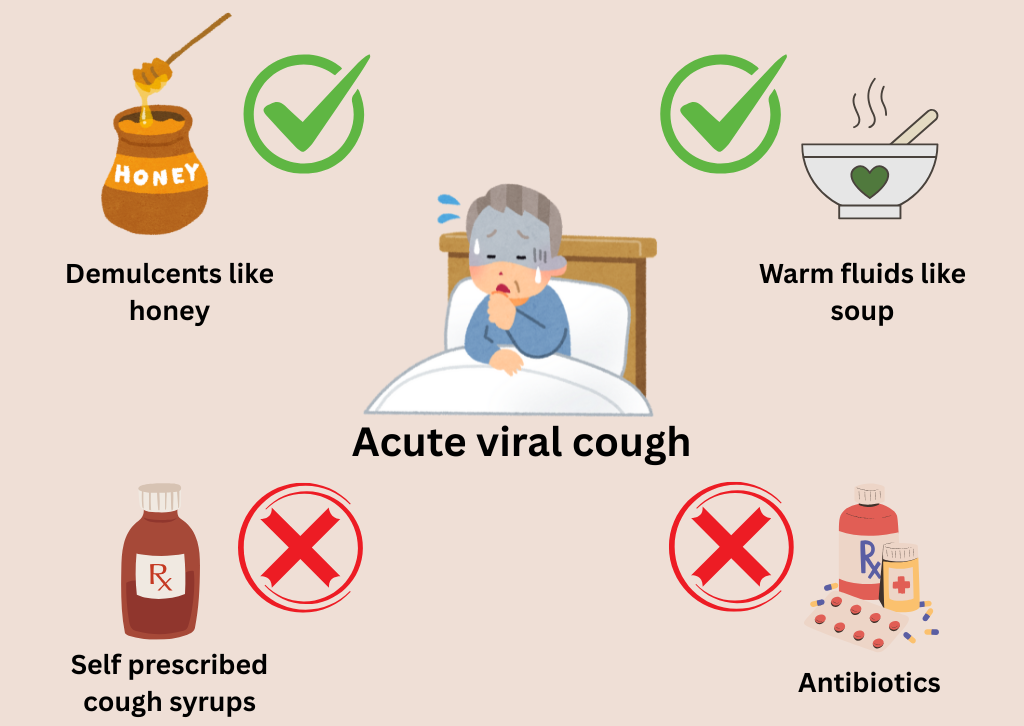
Acute cough in children: When is it normal and when to see a doctor
Cough is a common cause of distress in kids and concern in parents. It is also one of the leading causes for visits to a pediatrician. As children start school or daycare, they are continually exposed to various respiratory viruses and keep coming down with illnesses very often. On some occasions, the cold and cough abate within a few days, while on other occasions the cough persists for weeks triggering panic among the caregivers. It is important for parents to understand when the lingering cough is a cause of concern.
Any cough persisting for up to two weeks duration is labelled as “acute cough”. The most common cause of an acute cough in children is a viral upper respiratory tract infection. The accompanying symptoms include running nose or blocked nose, sore throat, and sometimes fever. In about 50% cases the symptoms resolve by the end of a week; in some children the cough may persist for up to 10-14 days and then resolve on its own. Less commonly, after a viral infection, the cough may go on for up to 3-4 weeks before it gets relieved. A child with a prolonged cough after viral upper respiratory infection will seem to be otherwise well, feeding properly and fairly active. Cough may be the only bothersome symptom, and appears to be slowly subsiding in intensity.
It is important to realise that there is no drug available that “cures” or shortens the duration of a viral upper respiratory infection. The aim of treatment is to suppress the overactive cough reflex to provide symptomatic relief, while the body fights the infection. Most of the cough syrups that are available over-the-counter are not recommended in infants and children below 4 years of age owing to the risk of side-effects. Many of these agents can cause sedation, suppression of the respiratory drive and rarely convulsions. Therefore, it is important that parents do not resort to self-treatment with these cough formulations and seek formal medical advice. Honey, a traditional home remedy, offers several benefits- it provides cough relief by soothing irritated throat and it has antibacterial and antioxidant properties. It can be offered with warm water or lemon tea.
Other less common causes of an acute cough include pneumonia, bronchitis, or choking on a foreign body such as nuts, corn etc. These are more serious conditions and necessitate specific treatment by a pediatrician or pediatric pulmonologist. Red flag signs that should prompt the caregivers to seek immediate medical attention include- persistent fever, fast breathing or laboured breathing, chest indrawing, wheezing, nasal flaring, bluish discolouration of nails or lips, lethargy, refusal to feed, or an episode of sudden choking that preceded the onset of cough.
To conclude, cough is a common symptom of a myriad of illnesses in childhood. Most of the time, it is benign and self-limiting. Using multiple courses of medications may be futile and sometimes harmful. As long as there are no red-flag signs to indicate a severe disease, a wait- and- watch approach is the most useful. Whenever in doubt, parents should consult a pediatrician or pediatric pulmonologist for appropriate management.
